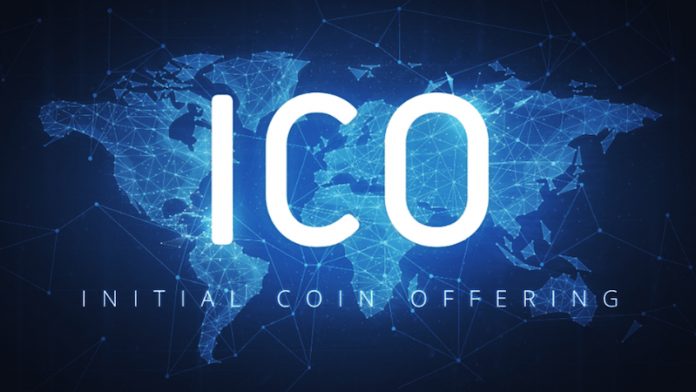Table of Contents
What is an ICO?
Initial Coin Offering or ICO/token sale is a fundraising technique used in the world of cryptocurrency. The company doing the ICO offers their tokens or coins in exchange for Bitcoin and Ethereum. It is very much like an Initial Public Offering or IPO where companies sell their shares to investors. ICO’s have the power to gather a lot of funds for a new project.
This is mainly because anyone around the globe can invest in the project by transferring their Bitcoin or Etherum in exchange for the project’s tokens. However, ICO’s aren’t all roses, and there are a lot of disadvantages of ICOs; the most significant one is the unregulated nature. In fact, cryptocurrencies have always been criticized for being unregulated.
When we talk about cryptocurrency, we have to keep in mind that because it is a digital, decentralized currency, there are no laws or regulations for it. Similarly, there are barely any laws regarding Initial Coin Offerings. Although in the US if an ICO passes the HOWEY exam, then it can be considered as a security and certain laws are imposed on it.
Still, ICOs are considered to be in the grey area. The developers of the project can use ICOs to raise millions of dollars where the amount of capital might not even be justified. Another leading reason for ICOs to be a shady thing is because according to reliable sources roughly 80 percent of the ICOs are fraud.
Moreover, over $100 million has been stolen from investors because of fake ICOs.
Civil’s (CVL) ICO failed?
Civil initially started its token sale back in September. Civil is a company which is trying to integrate and use the blockchain technology with journalism. Their goal; “is to help power sustainable journalism throughout the world.” Basically, Civil will allow its users to vote for or against the publishing of articles from newsrooms.
When Civil first announced the token sale it was supposed to be just two weeks long. However, the cryptocurrency company extended the period to almost a month. The target of $8 million wasn’t reached the firm failed to raise even 50 percent of the funds. In total, Civil raised a little over $3.5 million from its investors which is less than 44 percent of the $8 million they had aimed to raise.
Although platforms like The New York Times, Dow Jones, and The Washington Post had declined Civil’s proposal and didn’t come on board, Forbes decided to come on board. The famous blockchain software project ConseSys had promised to invest roughly 5 million US dollars of which $2.5 million would be in pure capital and the other $2.5 million would be in services. However, the firm settled at a $3.5 million investment.
The blockchain journalism business has decided to bounce back from the setback. It is preparing for a second ICO. Although the exact date isn’t yet confirmed the head said it would begin in a matter of weeks and not months.
The head of Civil stated; “The CVL token sale didn’t succeed. We’re disappointed, but we’re as committed as ever to seeing Civil out in the world.”
He added; “Investors are not buying CVL tokens because they want the latest, greatest cryptocurrency. They’re doing it because they believe it’s a new and worthwhile way to create, distribute and support journalism, at a time when alternatives are desperately needed. I was really looking forward to having a part in responsible journalism that the readership can help also hold accountable.”




